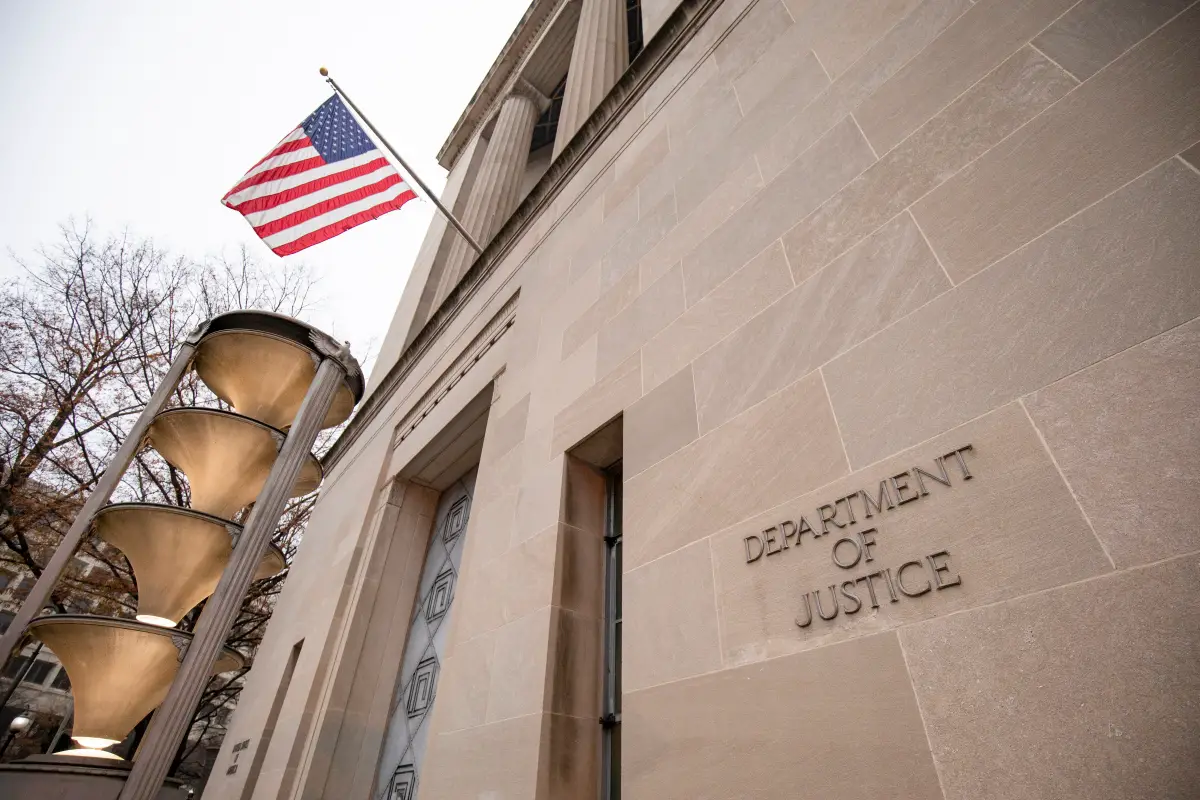from the wrong,-but-past-the-expiration-date dept
In 2005, the US Postal Service (USPS) began to get into the crowdsourcing business. For a fee, anyone could create custom stamps that could be sold through the government’s approved stamp portal (Stamps.com), provided they survived a cursory review by inattentive public servants.
While internet-as-tapwater was still on the cusp — not quite everywhere but not quite enough to prevent AOL CD-ROMs from being used as drink coasters or table levelers — it still resulted in plenty of interaction from Americans who wanted to see their favorite person/thing on a postage stamp.
On the succeeding pages you’ll find stamps honoring Monica Lewinsky’s blue dress (the one splattered with Bill Clinton’s DNA); Linda Tripp; deposed Yugoslavian ethnic cleanser/war criminal Slobodan Milosevic; MIA labor racketeer Jimmy Hoffa; executed Romanian dictator/Communist oppressor Nicolae Ceaucescu; New Jersey Governor James McGreevey and alleged gay lover Golan Cipel; and high school and college yearbook photos of Kaczynski, who used the postal service to deliver his homemade bombs.
That is just the proposals submitted by the exceedingly fine website, The Smoking Gun. Having realized recent photos of the Unabomber would be rejected, TSG submitted high school yearbook photos of the bomber with a snail mail fetish, resulting in the ultimate get of a cancelled stamp featuring the mid-pubescent anarchist who, in his later, more behooded years, leveraged a reliable delivery service into a reliable bomb delivery service.
The USPS, having recognized the wisdom of the crowds, decided to divest itself of this perhaps unwise investment a few years later. But not before committing some First Amendment violations, as the DC Circuit Court of Appeals notes in this decision [PDF] that appears to be a decade-and-a-half in the making.
Anatol Zukerman is the plaintiff. In response to the custom stamp program, Zuckerman created a stamp that expressed his displeasure with a recent Supreme Court decision. The USPS decided some political criticism was more equal than others, as the DC Appeals Court explains:
Anatol Zukerman sought the services of the customized postage program to print copies of an adaptation of his drawing of Uncle Sam being strangled by a snake labeled “Citizens United” and configured as a dollar sign. However, acting through Zazzle, Inc., a third-party vendor, USPS rejected Zukerman’s proposed design due to its partisan message, even as it accepted other customers’ postage designs with obvious political content.
Obvious viewpoint discrimination, what with the USPS rejecting something criticizing the new law of the land while allowing others to big up the flag or Lee Greenwood or whatever with their proposed custom stamps.
In 2018, three years after this lawsuit was filed, the USPS decided it would ban all “political” stamps. Fantastic, but that did nothing for Zukerman, whose stamp arrived three years before the ban. Due to the shifting facts, the case bounced up to the Appeals Court, got sent back on remand, and now has reappeared in 2023, nearly eight years after it was filed.
The Appeals Court agrees with Zukerman: his rights were violated.
The main point here is that Zukerman does not seek prospective relief against any alleged future rights violations. Indeed, Zukerman’s injury does not depend on any future conduct at all. It does not depend on any future discrimination by the Postal Service; after all, the customized postage program has already been shuttered. Nor does it depend on any individual owners of grandfathered political postage using their stamps. And it does not matter that some of the other customers who benefitted from USPS’s viewpoint discrimination may never use their stamps. What matters is that they were allowed to secure stamps with political messages, to use, sell, or hold as they saw fit, while Zukerman was discriminatorily denied this opportunity.
But that violation is now meaningless, now that the USPS has abandoned the vanity stamp program that first violated his rights. So, there’s no injunctive relief (because there’s nothing to block) and there are no further damages to collect because there are no further rights violations.
Here, any ongoing constitutional violation – the Postal Service’s viewpoint discrimination – ended with the shuttering of the customized postage program. The Postal Service now applies only a viewpoint neutral policy of honoring existing customized postage, regardless of its content, while issuing no new customized postage at all.
In essence, the court is saying that because the government decided to stop violating rights (by ending a program it seemingly couldn’t run without violating rights), there’s nothing to be sued about here. The past violations are in the past. An injunction would have zero effect on a nonexistent program. Unfortunately, this means that the government gets away with violating rights simply because it unilaterally decided it would no longer engage in rights violations. Whether or not this lawsuit prompted the USPS policy change on “political” stamps no longer matters. The Appeals Court somehow manages to arrive at the conclusion that, although Zukerman’s rights were violated and that he had standing to sue, he is entitled to no relief.
The government scores an unearned win. It violated rights and got away with it by deciding — after the fact — that its program (as enforced here) was unconstitutional. Hey, I love hindsight as much as the next person. It’s the ultimate in vision options. But the government shouldn’t be allowed to violate rights just because it stopped violating rights shortly after it began violating them. The government should still pay. And Zukerman should be able to collect something more than a federal court declaration that the rights violations he sued over were, in fact, rights violations.
Declaratory relief is a waste of litigants’ time — unless it’s the government, which has all the time and money it needs, thanks to the mandatory contributions extracted from the people whose rights it far too often refuses to recognize.
Filed Under: 1st amendment, anatol zukerman, content moderation, stamps, usps, viewpoint discrimination
Companies: stamps.com
Source link










Leave a Reply